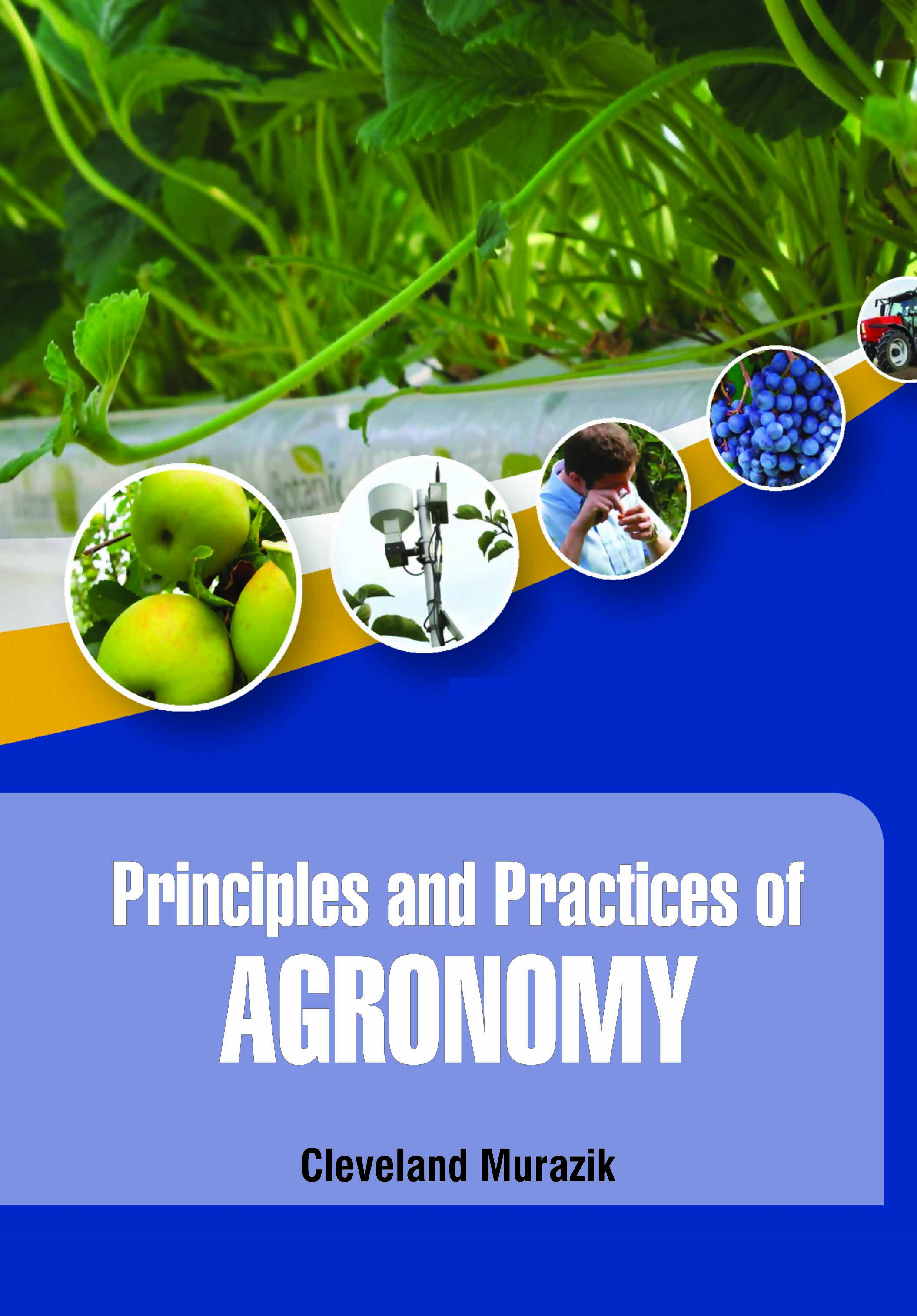
Principles and Practices of Agronomy
by Cleveland Murazik
| ISBN | 9781799600121 |
|---|---|
| Publisher | White Press Academics |
| Copyright Year | 2020 |
| Price | $205.00 |

by Cleveland Murazik
| ISBN | 9781799600121 |
|---|---|
| Publisher | White Press Academics |
| Copyright Year | 2020 |
| Price | $205.00 |
Understanding the basic principles of agronomy is as much important as that of knowing the latest developments scenario in the field of agriculture. Agronomy is a dynamic discipline. With the advancement of knowledge and better understanding of plant and environment, agricultural practices are modified or new practices developed for high productivity. For example availability of herbicides for the control of weeds led to development of a vast knowledge about selectivity, time and method of application of herbicides. Gigantic irrigation projects are constructed to provide irrigation facilities. Soil is the medium in which crops are grown but in its natural state, it is not in an ideal condition to grow them satisfactorily. It should also have sufficient water & air which are very necessary for plant growth. Plant nutrients are elements that are essential for plant growth and reproduction that are available in the soil (e.g. nitrogen, phosphorus, and potassium), or from air or water (carbon, hydrogen, oxygen). When existing soil nutrients cannot produce good crop yields, additional nutrients must be added. Nutrients are added to the soil from commercial fertilizers or from organic sources such as manure, compost or biosolids. This book will be of immense use in imparting knowledge on the basic principles of agronomy and applied aspects of farming systems for students, teachers, scientists, extension workers and professionals engaged in agricultural development.